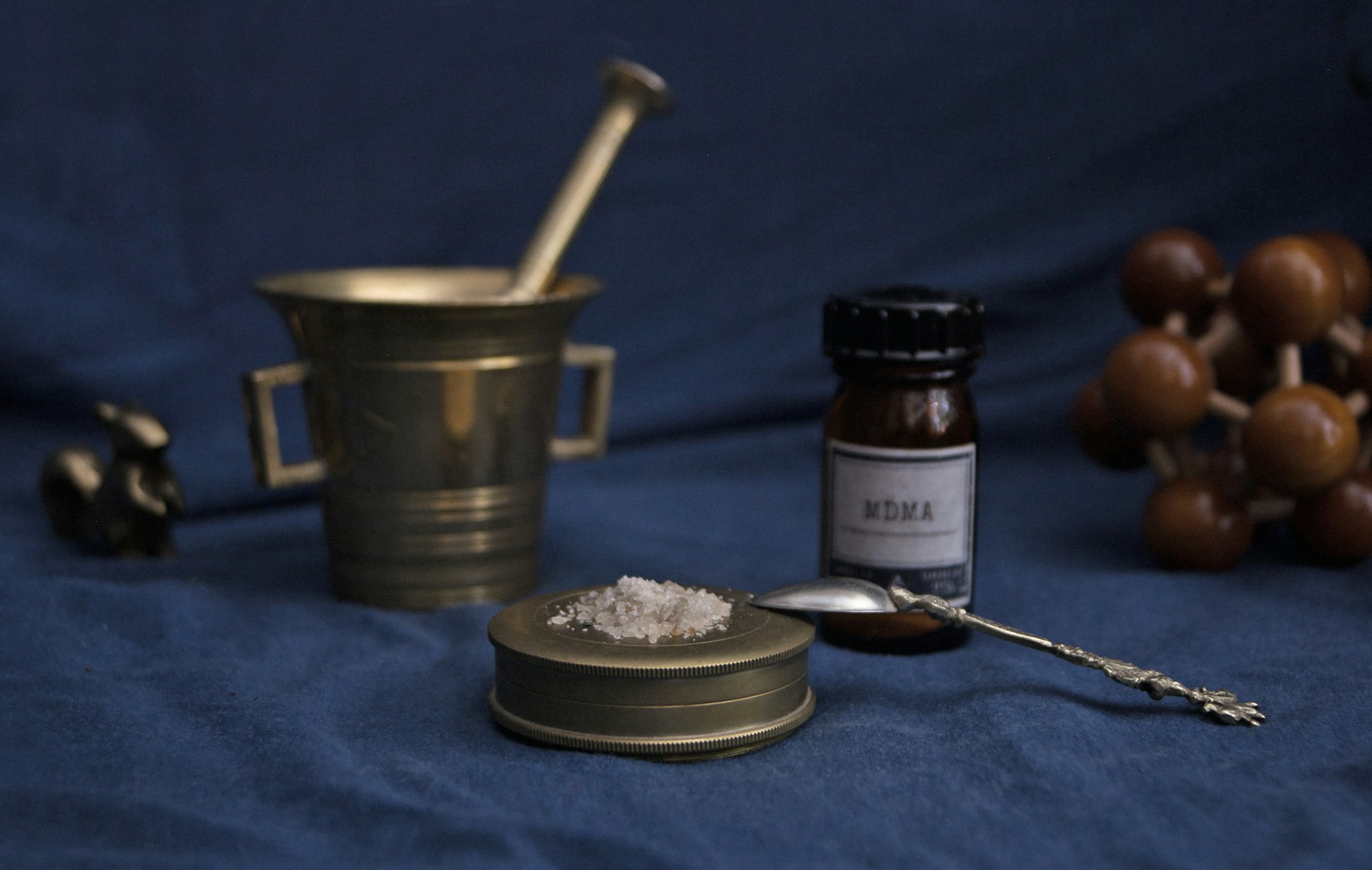For those who have teens, it’s no surprise that they tend to be more susceptible to substance abuse. It can happen to any teen, no matter where they live, their social standing, their home life, or their education. What does matter is how it happens, why it happens, and what can be done to help teens who fall into substance abuse at a young age.
Why Teens Start Using Substances
While many teens are able to say no to illegal substances or alcohol, others will decide to give it a try. Often, this is a result of peer pressure or teens trying to escape from their current reality by trying something different and something that’s not allowed. It may be a form of rebellion at first. Unfortunately, whether it’s rebellion, peer pressure, or something else, it can lead to addiction and the need for drug rehab for teenagers. Keeping kids away from illegal substances is always best, but when it happens anyway, knowing how to help them and getting them help as early as possible can help increase the potential for recovery.

Brains are Still Developing
During the teen years, the brain is still developing. Teens tend to be more reckless and ready to take on challenges compared to how they may be later in life with a fully developed brain and more experience. The development of the brain doesn’t stop until someone is in their 20s, though the exact age can vary based on a number of factors. Because the brain isn’t fully developed, teens don’t have the self-restraint and ability to think far enough ahead, which may mean they’re more willing to try substances with their peers. This is why peer pressure can have such a big impact on children.
Substances Can Change the Brain’s Chemistry
Just trying a substance once doesn’t lead to addiction, but it does make it more likely the teen will try again. If they enjoy the feelings they receive from the substance or are pressured to keep doing it with their friends, they may end up doing it again later. Eventually, this can lead to an addiction. Since the brain is still developing, it is easier for the substances to alter the brain’s chemistry, which can make it far more difficult for teens to quit substances. Rehab after a medical detox may be necessary to help the teen recover after this happens.

It’s Hard to Make Changes and Recover
It is hard for teens to make the changes needed and get help for an addiction. Many will deny they have a problem, and they may not be willing to get help. Even if they are willing to get help, it can be a long and difficult road for them. They may need mental health assistance as well as rehab and will need a secure support system in place to help them through their recovery. This is vital, as it gives them the best chance to recover and work on improving their life going forward.
There are numerous reasons why teens are more susceptible to substance abuse and why it can be hard to completely prevent them from trying different substances. When a teen does try illegal substances and continues doing them over time, addiction can occur. Getting the right help for their addiction as soon as possible can give them a much better chance at an amazing future free from substance abuse.

